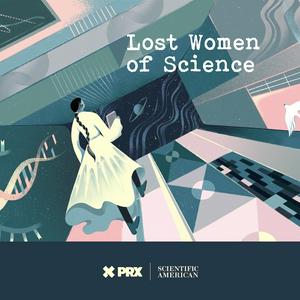Introducing Layers of Brilliance, a six-part season that brings to life the story of a woman whose discoveries in materials science quietly shape our everyday world – but whose legacy was long eclipsed by the famous scientist she worked with.
In 1918, at just twenty years old, Katharine Burr Blodgett arrived at the General Electric Company’s industrial research laboratory in Schenectady, New York – a place known as the House of Magic. There she began a decades-long collaboration with Irving Langmuir, GE’s star scientist, who would go on to win the Nobel Prize in Chemistry. While Langmuir became a public figure, Blodgett became something else: the mind and hands behind experiments so delicate they operated at the scale of single molecules.
Blodgett’s work on films just one molecule thick would lead to multiple U.S. patents and form the basis of technologies embedded in today’s screens, optics, and electronics.
Listen as we peel back the layers of Katharine Burr Blodgett’s life – how she made groundbreaking science inside a world built for men, how she struggled against profound personal challenges, and how a woman whose work helped shape modern materials science nearly disappeared from history.
Learn about your ad choices: dovetail.prx.org/ad-choices


